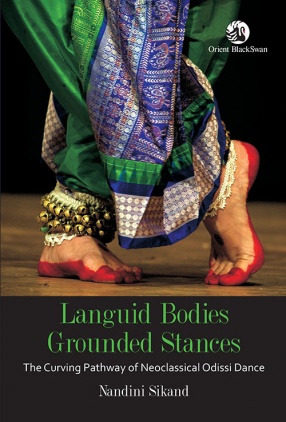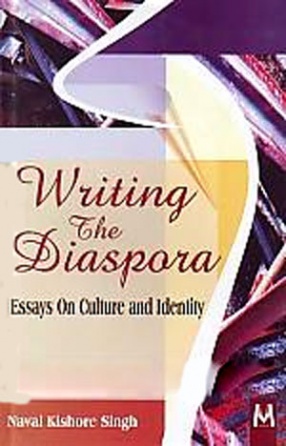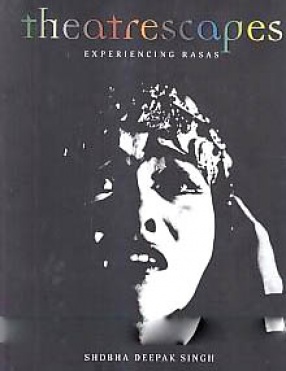Widely believed to be the oldest Indian dance tradition, odissi has transformed over the centuries from a sacred temple ritual to a transnational genre performed throughout the world. Building on ethnographic research in multiple locations, this book traces the evolution of odissi dance and reveals the richness, rigor, and complexity of the form as it is practiced today.
Dance travels via physical bodies, and although odissi is performed the world over, the bodies performing it are defined and restricted by passports, visas, capital flows, language, and gender. Even dancers who do not (or cannot) perform outside their “local” areas must face this new globalism of odissi, and consequently compete for resources with other dancers in local, national and global arenas.
Through interviews with dancers, gurus, writers, critics and presenters, and woven with critical analysis, Sikand, a dancer-choreographer herself, explores how these performers continuously define odissi dance in new and creative ways using the practice of sadhana and odissistan. As author shows, the story of odissi is ultimately a story of postcolonial India, one in which identity, nationalism, tradition, and neoliberal politics dramatically come together.
Languid Bodies, Grounded Stances is relevant to scholars of dance, performance, postcolonial, and women’s and gender studies.





There are no reviews yet.